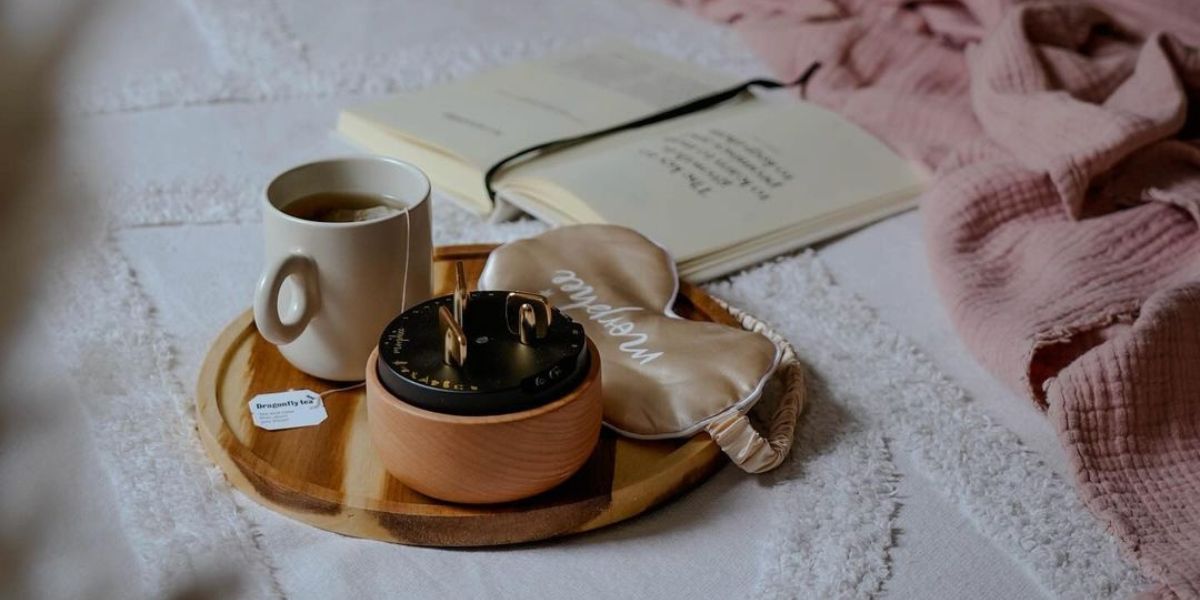The circadian rhythm
The circadian rhythm is a biological process that regulates our sleep-wake cycle. Derived from the Latin words "circa" meaning "around" and "dies" meaning "day," this rhythm operates on roughly a 24-hour cycle, synchronising with the Earth's rotation. At its core, the circadian rhythm is governed by your body’s master clock, located in your brain. The clock receives information from external cues, primarily light exposure, which helps to tell your body what time of day it is. When it's light it tells your body that it's time to stay awake, and when it gets darker, our brain will tell our body to release melatonin, the sleep promoting hormone. Disruptions to this rhythm such as jet lag, night-time shifts or clock changes can disrupt our sleep making us feel fatigued, irritable and more stressed. Maintaining a stable circadian rhythm is crucial for your overall health and well-being, because sleep really is one of the most important things that you should prioritise.
The clocks are changing

Now we just mentioned that disruptions to your body clock can cause some issues with your sleep, and this weekend the clocks are going to change. Every year, on the final Sunday of March, the clocks spring forward by one hour, bringing on the start of British Summer Time. Unfortunately, this also means sacrificing an hour of sleep. Therefore, it's crucial to help our bodies adapt before Sunday arrives. Below are our top suggestions!
1. Adjust your bedtime
Throughout this week, slowly push your bedtime earlier than usual by 15 minutes everyday. To help you drift off to sleep earlier, start your bedtime routine earlier so that your body can adjust. By the time you get to Sunday, your body clock will have changed and you shouldn’t notice a difference when you wake up.
2. Practice relaxation
It’s important to get good quality sleep in the week leading up to the clocks changing. If you are sleep deprived, you’re more likely to feel the changes more and you may end up feeling groggy and lethargic. To help you relax before bed, add a Good Housekeeping approved Morphée meditation session to your night-time routine to help relax your mind and calm your senses.
3. Change your clocks
Now most of us will have a smartphone, and the clocks will automatically change when it hits 2:00am on Sunday. However certain clocks like your alarm clock, oven clock and watch won’t. To avoid confusion in the morning, change all of your clocks that won’t change by themselves the night before.
4. Get out into nature
Sunlight plays a crucial role in regulating our circadian rhythm, which is our body's natural wake-sleep cycle. Following the clock changes on Sunday, prioritising daylight exposure can assist your body in adjusting to the new light-dark cycle. So as long as the weather isn’t chucking it down, it could be a great idea to go on a walk this Sunday.
5. Take a nap
If you're struggling to get a good night’s sleep after the clocks have changed, and you're finding yourself feeling drowsy and sleep-deprived during the day, then a nap could save the day. A short 30 minute nap can boost your energy levels during the day so you don’t end up going to bed too early and disrupting your sleep cycle.





